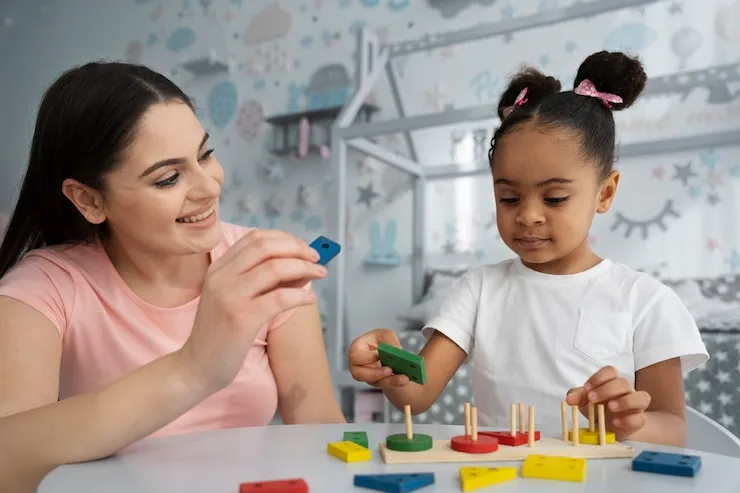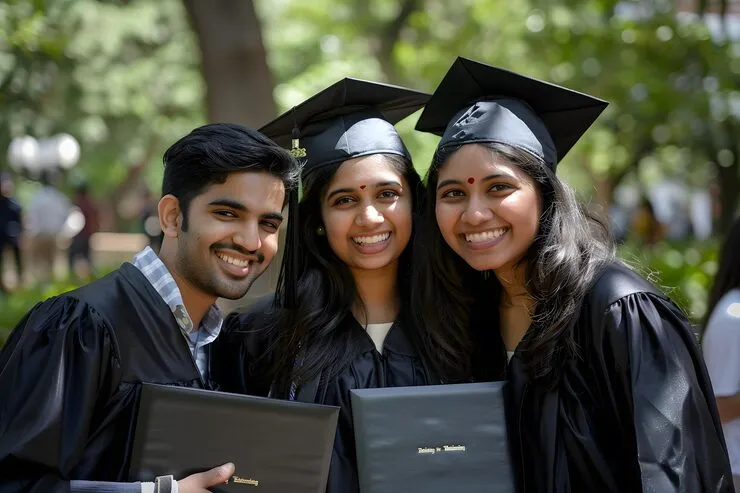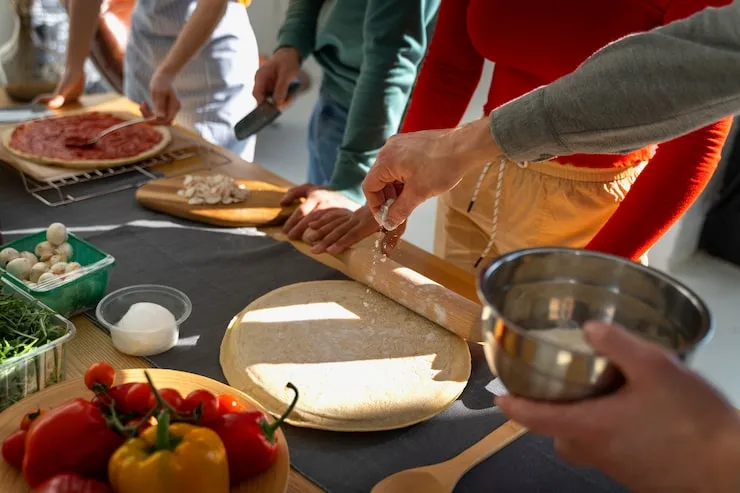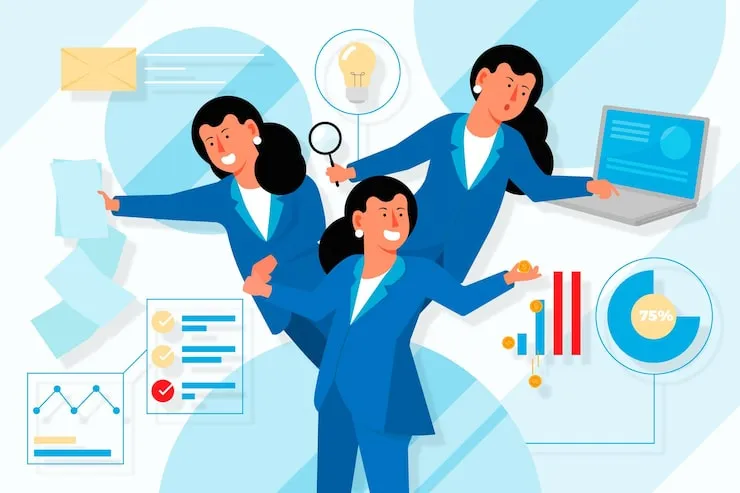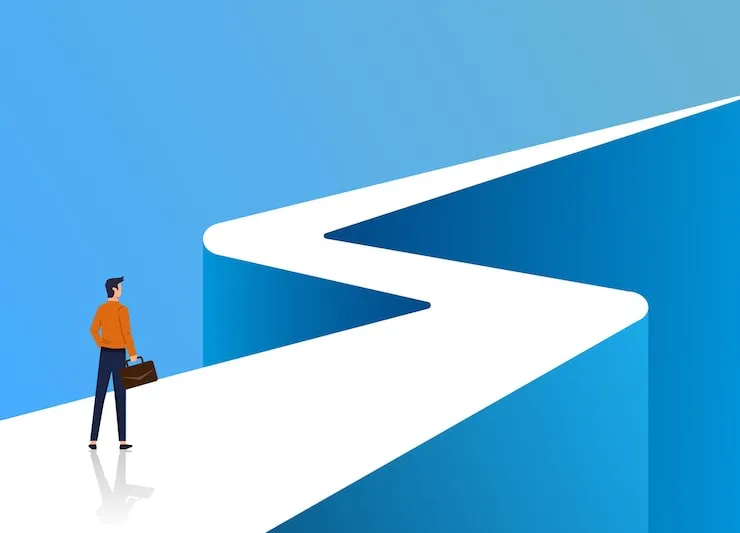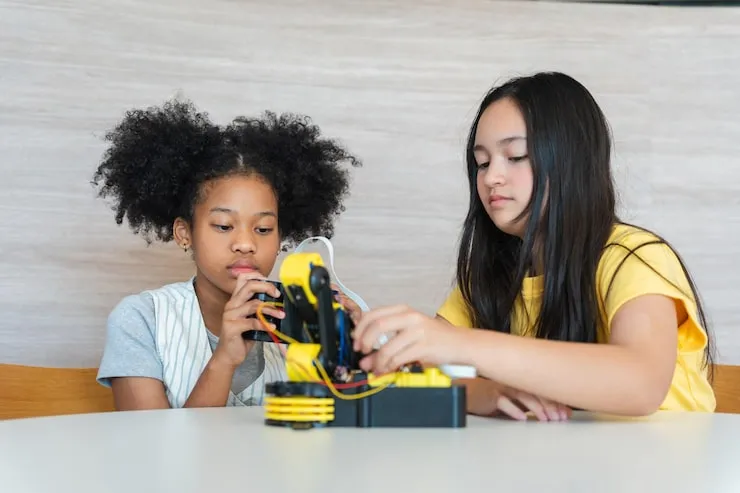If you're looking to become a teacher for young children in India, then a Bachelor of Education Early Childhood and Primary is the degree you need. This course is designed for those who want to teach kids from nursery all the way to class 5. And not just teach,but actually understand how they learn, grow, and respond.
With India's education system shifting focus toward foundational learning (especially after the NEP 2020), this degree prepares you to work in both early childhood and primary classrooms. Whether you dream of working in a well-established CBSE school in Bengaluru, a kindergarten in Pune, or even a grassroots NGO school in a rural part of India, this course gives you the foundation.
Why Do You Need a Bachelor of Education Early Childhood and Primary in India?
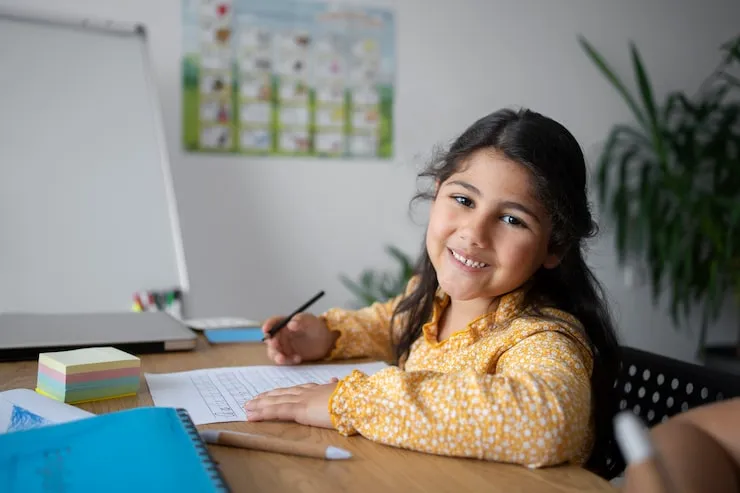
Let’s be real,many new teachers in India end up in classrooms without knowing how to manage five-year-olds. You’ll find teachers yelling, handing out worksheets, and struggling to keep kids quiet, mostly because they were never trained in early childhood methods. That’s the gap this degree fills. With a Bachelor of Education Early Childhood and Primary, you learn how young minds develop,emotionally, socially, and cognitively. You learn how toddlers start recognising sounds, how seven-year-olds understand numbers, and how to manage attention spans that are shorter than a TV ad.
You’re not just trained to “teach.” You’re trained to connect. You’ll know how to use stories, games, songs, and visuals to teach. You’ll also learn how to create safe, nurturing environments,something that many classrooms still lack. Here's the lovely aspect: This degree qualifies you to teach both primary and preschool courses. Thus, you are taught to handle a chatty 10-year-old as well as a curious 3-year-old.
Read Also: Advantages And Disadvantages Of Open Book Examination
Can I Do a Bachelor of Early Childhood and Primary Education Online?
Yes, and thank goodness for that. A growing number of Indian universities now offer the bachelor of early childhood and primary education online.It is particularly helpful if you're raising children, working part-time, or living in a location where attending college is challenging.
Simply confirm that the course is approved by the NCTE (National Council for Teacher Education). This is absolutely necessary if you intend to apply for school employment in India. Already providing online or combined formats are reputable institutions including IGNOU, Amity Online, and several state universities.
Video lectures, interactive quizzes, and assignments abound in online courses. Moreover, they typically include an internship at a school close to your house, hence you still have classroom experience.If you're looking for primary education online, this is one of the better, future-proof options out there.
What Does the Degree Cover?
You’ll be surprised how deep this course goes. It’s not just about making charts and singing nursery rhymes.
Here’s what a Bachelor of Education Early Childhood and Primary typically includes:
- Child psychology: from birth to age 12, how youngsters think, feel, and act.
- Development of literacy: methods of teaching reading and writing
- Numeracy abilities: making mathematics interesting and understandable for little children
- Classroom management: Managing a group of energetic small children
- Inclusive education: dealing with children with special educational requirements.
- Play-based education: instruction by way of art, games, and play.
- Health and Nutrition: Foundations of Child Well-Being
- Indian education policy: understanding the NEP, RTE, and more
- Most courses also include practical teaching modules every year. You’ll visit schools, teach real classes, and learn how to reflect on your own methods.
What’s Different From a Regular B.Ed.?
A standard B.Ed. prepares you to teach older students (usually class 6 onwards). Early years receive little attention from it. Therefore, a Bachelor of Education Early Childhood and Primary is the more appropriate degree if you're serious about working with children ages 3 to 10.This course also helps to close that gap in several situations if you already hold an ECCE (Early Childhood Care and Education) degree and want to work into official primary teaching.
In fact, degrees like this one are aligned with what India needs right now: trained, passionate teachers who understand the early years of education. It’s no surprise that some of the top schools are already making this a requirement for their pre-primary and primary sections.
Where Can You Study in India?

Here are a few options worth looking into:
- IGNOU – Affordable, flexible, and offers teaching practice near your location
- Amity Online – Structured online B.Ed. with NCTE approval
- SNDT Women’s University – Has a strong program in early childhood education
- TISS (Tata Institute of Social Sciences) – Great for theory + practical work
- Lady Irwin College (Delhi University) – Focused on child development and education
- CSU Partner Programs in India – Some offer local versions of the Bachelor of Education Early Childhood and Primary CSU course
Make sure the degree is recognised by the NCTE and includes internships. Avoid diplomas that promise fast fixes but include no actual classroom experience.
You May Also Like: Most Educated District In West Bengal
Who Should Attend This Course?
Anybody aspiring to teach kids from 3 to 11 years old. This includes:
- Fresh 12th pass students (if you join the integrated 4-year version)
- Working professionals who want to switch careers to teaching
- Preschool teachers looking to upgrade their qualifications
- Tutors, NGO workers, and curriculum developers
- Parents who want to understand child development better
- Anyone passionate about making education better for young learners
This is not a degree where you mug up textbooks and clear exams. You need to observe, reflect, and apply what you learn in the classroom.
Job Options After Graduation
Once you graduate, you can take up roles such as:
- Preschool teacher in public or private schools
- Primary school teacher (CBSE/ICSE/State board)
- Montessori or Reggio Emilia educator
- Content developer for early years EdTech platforms
- Shadow teacher for children with special needs
- Trainer for nursery and primary teachers
- Curriculum designer
- Home tutor for early years (popular in cities)
- International school teacher (with additional training)
You can even take up short-term roles if you’re placed in a different city for your internship. (Useful for city-based practicum students.) The demand is only going to grow. More schools want teachers with a solid education degree for young learners, especially those with play-based and inclusive teaching experience.
What’s the Duration and Eligibility?
Most Bachelor of Education Early Childhood and Primary degrees in India are:
- 4 years if taken after Class 12 (Integrated B.Ed.)
- 2 years if you already hold a diploma in teaching or early childhood education
Eligibility:
- 10+2 pass with at least 50% marks
- English proficiency
- A passion and capacity for teaching children (some colleges conduct interviews)
Final Thoughts: Does it Pay Off?
Definitely. This degree is ideal if you think learning, compassion, and care,not only memorization,help to shape children's futures. Whether you're applying to Montessori schools in Melbourne or IB schools in Bengaluru, it opens doors both inside and outside India.It’s flexible, practical, and deeply rooted in what modern education needs. So if you’re looking for a Bachelor of Education Early Childhood and Primary or while you complete your teaching internship,know that there’s a path for you. And it starts with the right degree.



